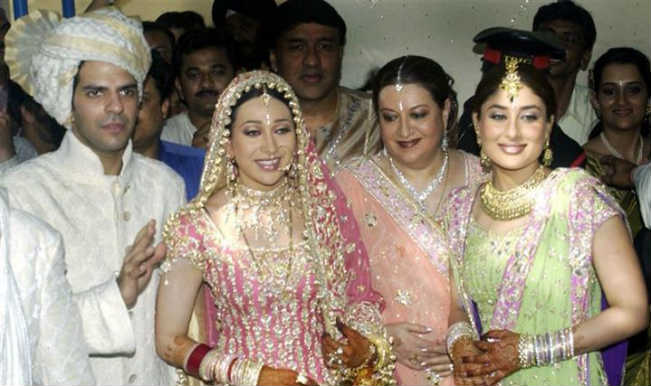

As a result, social criteria prevail in the selection of marriage partners. The economic function as well as patterns of socialization strongly influences these selections, since they are very important in maintaining or improving the family's economic basis and its alliances with other kin groups. These constraints have implications for the social groups within which a marriage partner is sought and the particular individual selected as bride or bridegroom.

the kinship group has the ability to maintain control over its members and preserve or improve its assets and survival (UN 1988, 9).īecause of the important economic interests involved in the extended family, whom to marry is generally subject to great family and parental constraints. , decisions pertaining to the formation of marriages are usually the responsibility of the family rather than of the bride and bridegroom themselves. 1997 Abdullah and Zeidenstein 1982, 79), undue delay in marrying off a daughter may reduce her marriageable value (Mace 1960, 157) and raise questions about her purity ( Human Organization Summer 1996, 171, 176 WLUML n.d., 51 Rosario 1992, 146, 148).Īccording to a 1988 United Nations study entitled First Marriage: Patterns and Determinants, in societies where the extended family prevails, theĮconomic interests involved are. Further, since unmarried women are considered a "social embarrassment" (IPS 1 Apr. Santi Rosario, in her 1992 study of women and social change in rural Bangladesh, states that "guarding the purity of mature women is seen as such a burden that even when unmarried women are economically viable, the parents are anxious to marry them off" (ibid., 148 New Left Review Mar.-Apr. The importance attached to the idea of female purity in Bengali culture also means that unmarried women are viewed as "perpetual risks to family prestige" and honour ( Human Organization Summer 1996, 176 WLUML n.d., 51 Rosario 1992, 146). as economically dependent, non-productive, and non-contributing members of society in essence, depleters of family resources" ( Human Organization Summer 1996, 176 Ahmed 1987, 2 New Left Review Mar.-Apr. Marriage is an important event for Bangladeshi women because it marks their transformation from children to adults3 (Rosario 1992, 169 Abdullah and Zeidenstein 1982, 73 Blanchet 1996, 176), but also because unmarried women are "perceived as burdens. According to a report from Women Living Under Muslim Laws (WLUML), an arranged marriage is considered the "only sound way of getting married" in Bangladesh (WLUML n.d., 53). 1988, 101), and usually involve some sort of bridewealth or dowry obligations (UN 1990, 200 Rosario 1992, 131-34). 1997 RDRS July 1990, 15 New Left Review Mar.-Apr. In general, marriages in Bangladesh are arranged not by the couple concerned, but by their parents, family elders or other relatives (IPS 1 Apr. 1997 Donnan 1988, 141-47) and as a "way of passing on the traditional values of a community or culture" ( The Ottawa Citizen 20 Sept. In south Asia marriages are viewed as "alliances between families" (IPS 1 Apr. Sources indicate that arranged marriages are common in Bangladesh, and are practised by the Muslim, Hindu and Christian communities2 (JCFS Spring 1995, 38 Rosario 1992, 131). Readers who require such information should consult the Research Directorate's December 1993 Human Rights Brief entitled Women in Bangladesh. Although the paper's focus is on women, it does not deal at length with issues such as domestic violence, dowry abuse or the legal status of women in Bangladesh. Although there are important differences between social classes and religious communities in the patterns of marriage and the transactions and strategies that accompany them (Nawaz 23 Dec. It draws on literature specific to arranged marriage practices in Bangladesh, as well as that relevant to other south Asian countries. This Extended Response examines arranged marriage practices in Bangladesh.

Any views expressed are solely those of the author or publisher and do not necessarily reflect those of UNHCR, the United Nations or its Member States. UNHCR is not responsible for, nor does it necessarily endorse, its content. Research Directorate, Immigration and Refugee Board, CanadaĬanada: Immigration and Refugee Board of Canada, Bangladesh: Information on arranged marriages, including information on the matching process and the role of the matchmaker, 1 January 1998, BGD28420.EX, available at: Canada: Immigration and Refugee Board of Canada


 0 kommentar(er)
0 kommentar(er)
